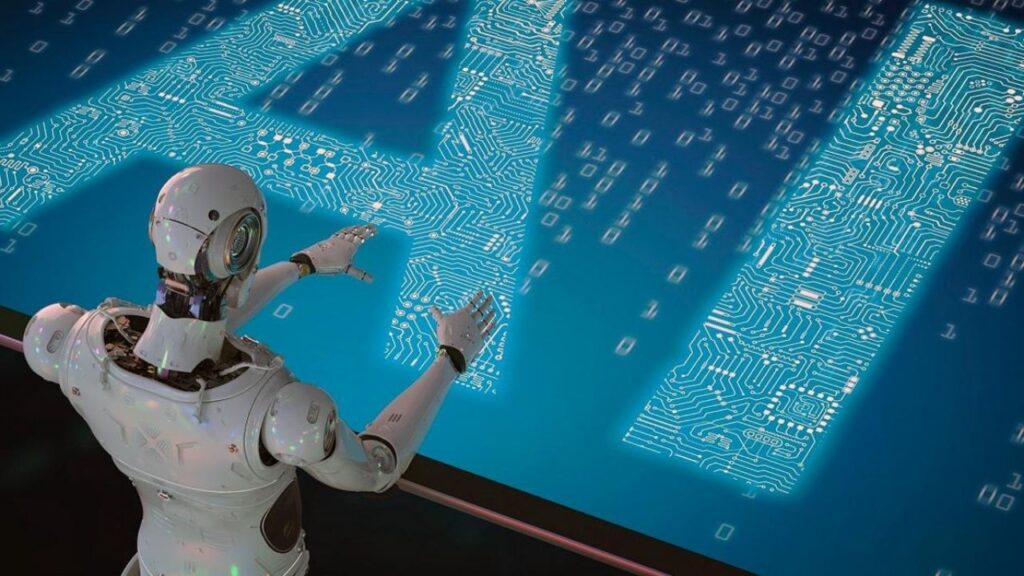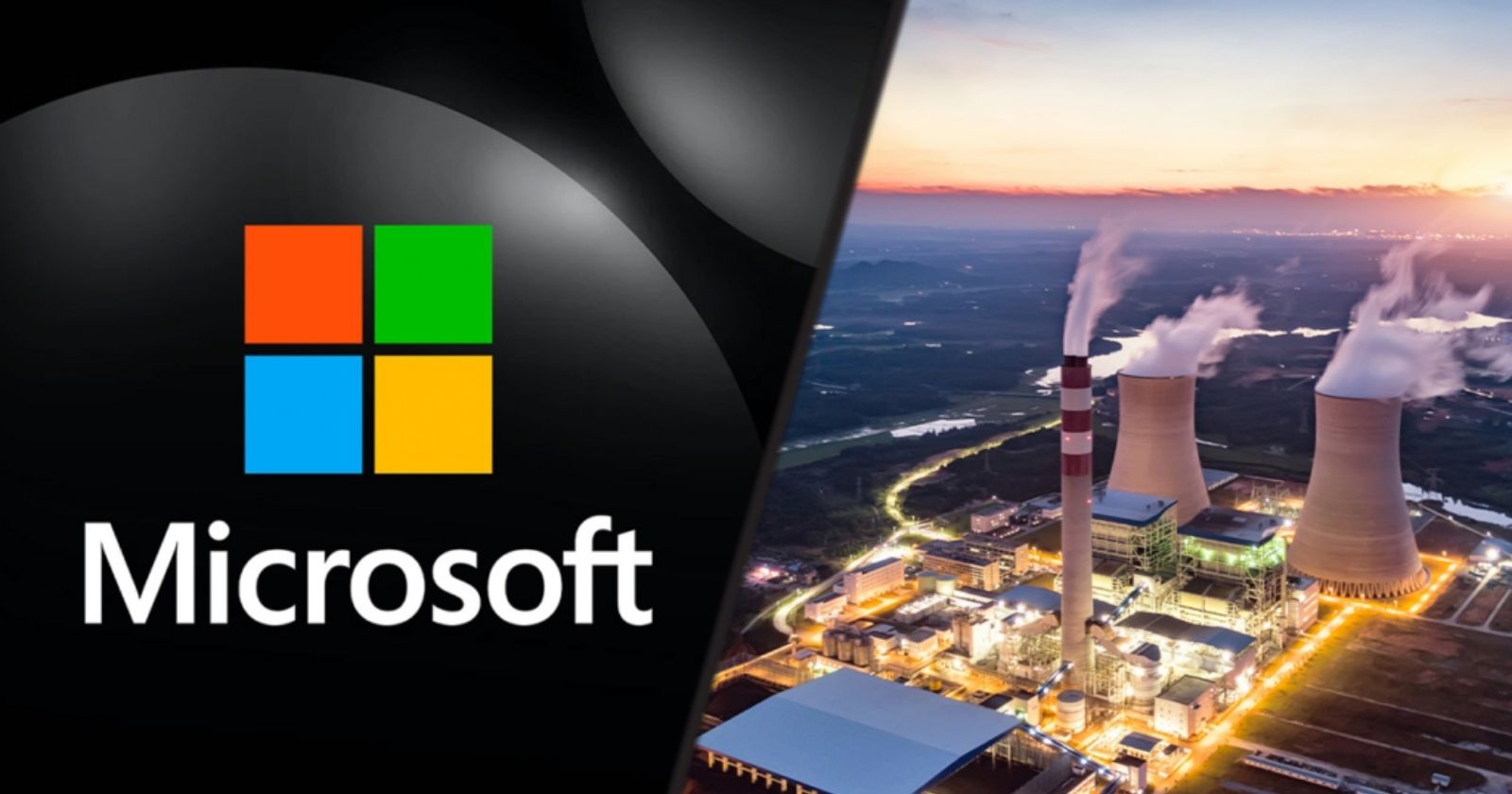Microsoft needs large amounts of energy to run its Bing artificial intelligence model. In search of a clean and sustainable power source to provide this power, the company has set its sights on nuclear energy. For this reason, it is exploring plans to use nuclear energy to power artificial intelligence data centers.
Nuclear energy can be a clean and reliable power source, says Microsoft
The company will hire a “nuclear technology program manager” to evaluate how nuclear energy can be used to power data centers hosting artificial intelligence models, according to a job posting on Thursday.
The tech giant will focus on using micro-reactors and small modular reactors, which are much cheaper to build and operate than large nuclear reactors, to “power data centers where cloud and AI reside.”

AI models require huge amounts of computing power to run, and analysis shows that AIs like ChatGPT can cost up to $700,000 a day to run due to massive server costs. The job posting shows that Microsoft sees nuclear energy as a way to meet its growing demand for power.
Nuclear energy could be a clean and reliable source of power for AI. Nuclear reactors can generate large amounts of power without producing pollution and greenhouse gas emissions. Such energy can also provide an uninterrupted power supply, guaranteeing uninterrupted operation of AI models.
There are growing concerns about the environmental impacts of the massive energy use of generative AI. Academic analysis estimates that GPT-3 training produces more than 550 tons of carbon dioxide and requires 3.5 million liters of water.
Microsoft recently pledged to accelerate efforts to run its data centers on renewable energy and reduce emissions, and plans to make its business carbon negative, water positive and zero waste by 2030.














